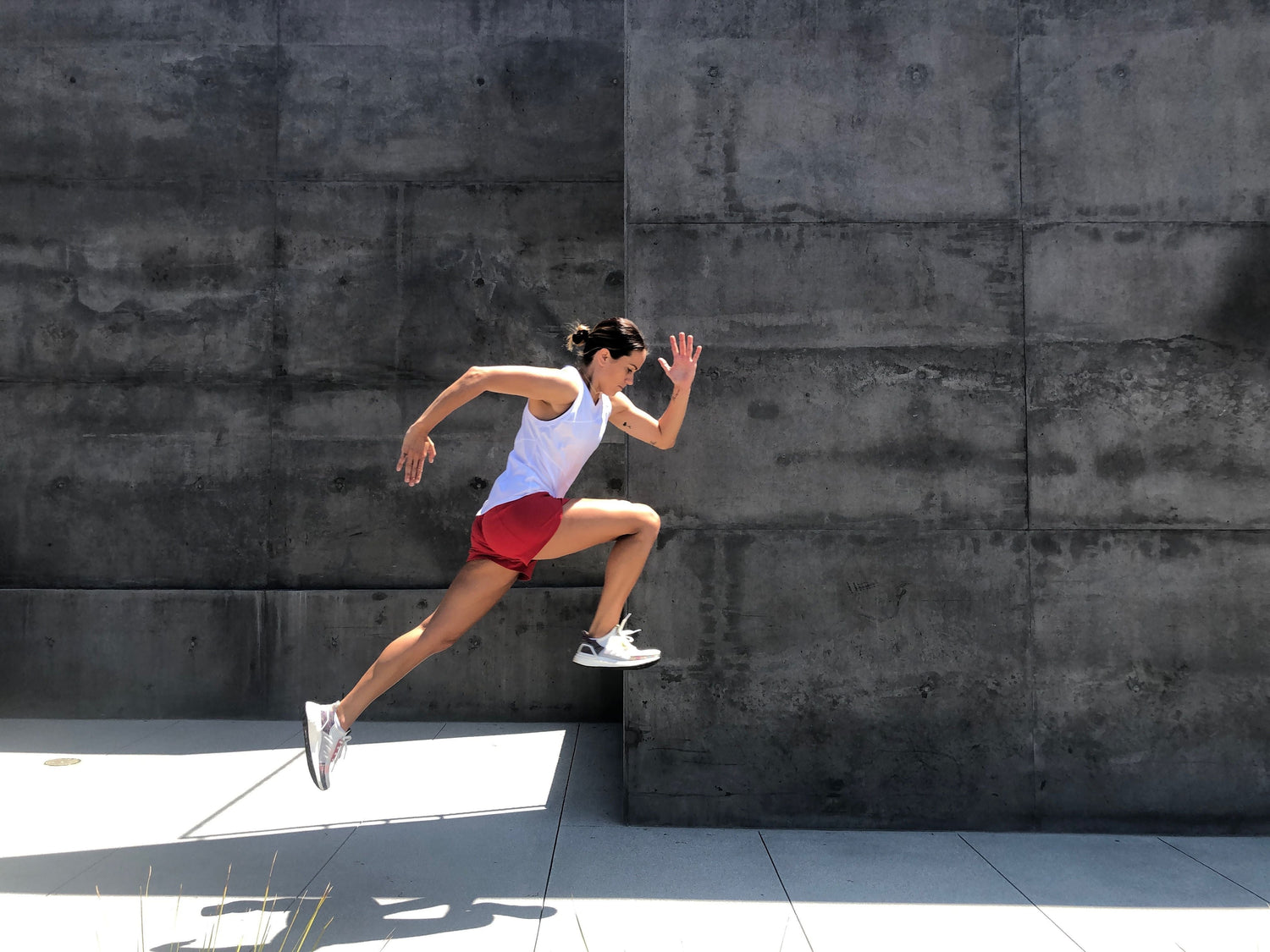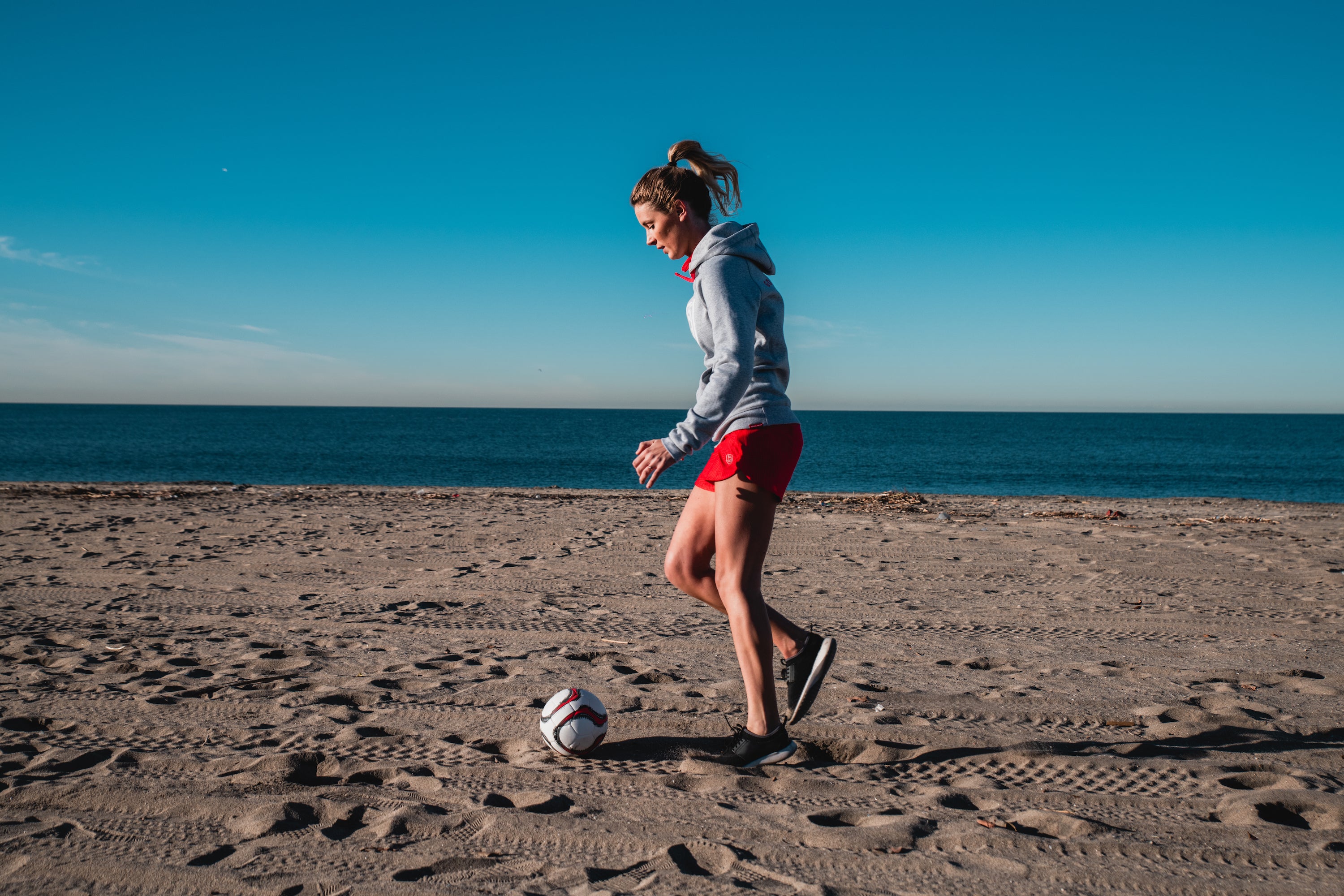Marketing in sports has historically operated through making the right connections, but traditional strategies don’t always give female athletes the recognition they deserve. Can AI help? By analyzing engagement patterns and refining messaging, AI marketing strategies help brands build meaningful relationships with women in sports: both those in seats and on the field. If you’re curious about what AI tools are on the market and what value they bring, check out reviews by AcademicHelp for deeper insights into how AI is changing industries. For a more detailed discussion on the topic, keep reading!
Viewership in Women’s Sports
First of all, for everybody out of the loop, the field has been growing for a while now. The S&P Global Market Intelligence Kagan surveys from 2023-2024 show a notable increase in the popularity of women’s sports in the United States. Women’s sports, especially basketball and soccer, are gaining traction, with 18% of people following leagues like NCAA women’s basketball, the WNBA, and FIFA women’s soccer — up four percentage points from late 2023.
Most fans are dedicated sports viewers, tuning into multiple leagues. Surprisingly, men make up a big part of the audience — nearly two-thirds for NCAA basketball and FIFA women’s soccer, and half for the WNBA. NCAA women’s basketball tends to attract an older male audience (55+), while younger viewers under 35 are more likely to follow the WNBA and FIFA women’s soccer.
Research produced by the Women’s Sport Trust with data and analysis from Futures Sport & Entertainment shows that women’s sports are seeing record engagement in the UK, too, both on TV and digital platforms. In 2023, live attendance hit new highs, and the average viewing time for women’s sports on Free-To-Air and pay-TV jumped 16% to over 10 hours per person.
A record 46.7 million people tuned in to watch at least a minute of women’s sports on linear TV, surpassing the previous peak in 2019. Streaming also surged, with BBC iPlayer’s FIFA Women’s World Cup 2023 views up 75% from 2019. On social media, TikTok led the way — views of the Barclays Women’s Super League skyrocketed by 268%, while the TikTok Women’s Six Nations saw a massive 586% increase.
The State of Sponsorships
Despite all this, the engagement sponsors have with female athletes is significantly lower when compared to male ones. Women’s sports sponsorships have been historically low, making up just 0.4% of all sports sponsorships in 2020. One big reason for this gap is media coverage — or lack of it. Even though nearly 40% of athletes in the U.S. are women, they get only 2-4% of sports media coverage, making it harder for female athletes to attract sponsors.
The good news? That’s starting to change. Sponsorships in women’s sports grew by over 22% year-over-year, with more than 5,500 deals signed across leagues, teams, and athletes. The Ladies Professional Golf Association and World Tennis Association both surpassed 1,000 sponsorship deals each, and the WNBA is seeing a boost as well. As more fans tune in and media coverage expands, brands are finally seeing the value in supporting women’s sports.
AI’s Role in Sports Marketing
AI does more than crunch numbers, and experienced players in the field have already adopted it to make marketing smarter. The impact of AI on marketing goes beyond automation — it provides actionable insights that keep brands ahead of the curve. Brands now use AI to create personalized marketing campaigns that speak directly to female athletes and their fans. Instead of generic sponsorships and broad messaging, AI helps companies fine-tune their content to match the interests and values of women in sports.
AI can analyze social media engagement and performance metrics to determine which types of content get the most traction. If a brand wants to connect with female soccer players, AI can identify the most active platforms, trending topics, and the best time to post. Social media is also where modern athletes build their personal brands.
AI tools can assess an athlete’s influence beyond just game performance — things like social media impact, fan demographics, and engagement rates. This data gives brands a clearer picture of why investing in female athletes makes sense. More visibility means better sponsorship opportunities, leading to greater representation of women in sports.
AI writing assistants can also help athletes and their teams keep their online presence in check. For example, create engaging posts without losing authenticity. Instead of spending hours drafting up the perfect Instagram caption, an athlete can use AI tools for content creation and focus on interacting with their audience. This way, female athletes can grow their platforms to attract sponsors without getting bogged down in content marketing logistics and engage with fans safely.
Telling the Right Story
One-size-fits-all marketing doesn’t cut it anymore. Today’s audiences expect messaging that feels personal. AI makes this possible by analyzing customer behavior like purchase history and engagement patterns.
For instance, AI can help a brand tailor its approach to different types of female athletes. A marketing campaign for professional tennis players might focus on luxury performance gear, while one aimed at high school basketball players could highlight affordable, high-quality equipment. AI refines these messages so they resonate with each audience segment, making campaigns more effective and relatable.
Great storytelling overall is the backbone of sports marketing. AI tools can assist in crafting compelling narratives that highlight female athletes’ achievements and struggles in a way that feels authentic and inspiring.
Brands can use AI-generated insights to shape blog posts and video scripts that put female athletes at the center or conduct research for competent interviews. AI writing assistants make content marketing smoother by producing material that feels natural while still being optimized for search engines and engagement. This translates into visibility for female athletes and more opportunities for brands to connect with their audiences.
Why AI is a Game-Changer for Female Athletes
Women in sports have long fought for equal recognition, and, in the right hands, AI can help level the playing field. Through more targeted and data-driven marketing, AI can become one tool to get female athletes the visibility they deserve. This collaboration could lead to stronger and better brand partnerships with more opportunities to grow the influence of both parties.
Brands that embrace AI-driven sports marketing are reaching wider audiences and helping push for more inclusivity in the sports industry. AI tools allow for more thoughtful storytelling and smarter audience engagement. As AI marketing strategies continue to evolve, they will play an even bigger role in shaping the future of the industry for everyone, and female athletes deserve to benefit from it as well.
As Sports Five Magazine states, “Sponsorship in women’s sport is approaching the end of its early adopter stage, as the industry continues to grow at a staggering pace. Innovators such as Adidas and Nike have set the standard and reaped the rewards.” The future of marketing isn’t just about automation, but connection. And with AI, brands have more opportunities than ever to make those connections count.




Leave a comment
This site is protected by hCaptcha and the hCaptcha Privacy Policy and Terms of Service apply.